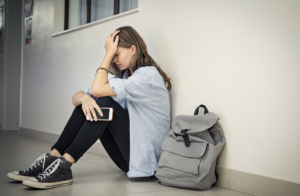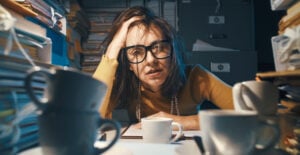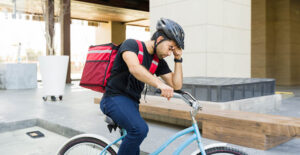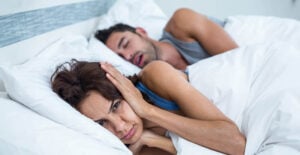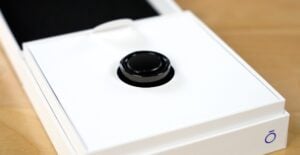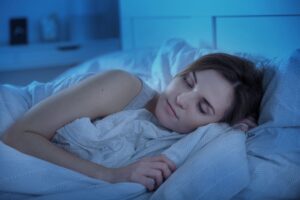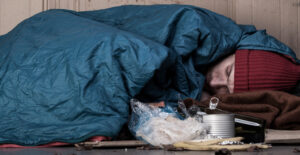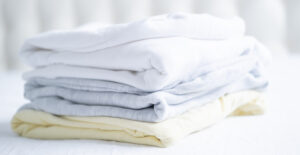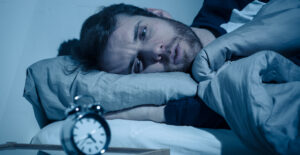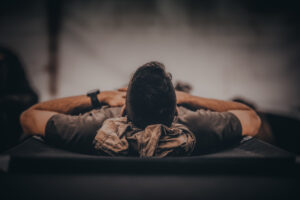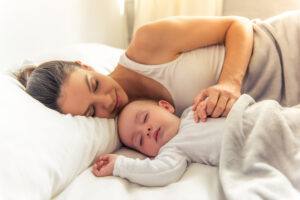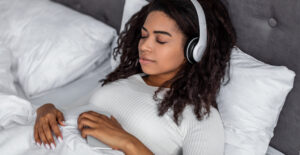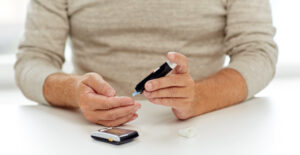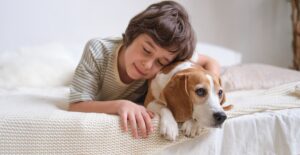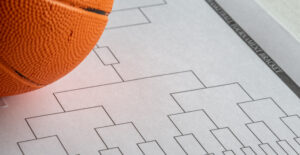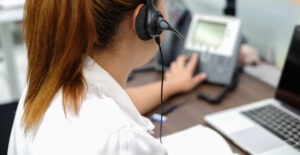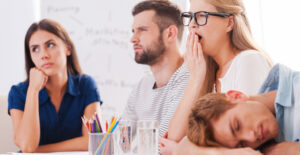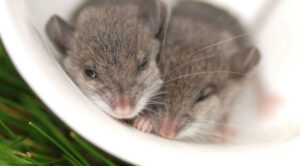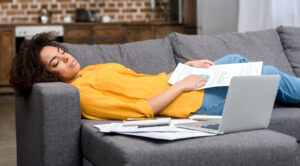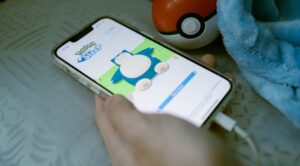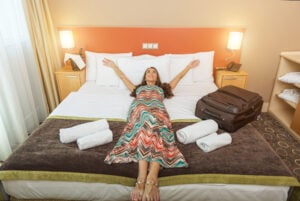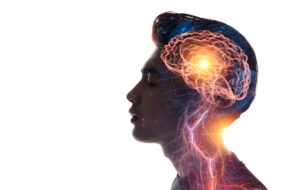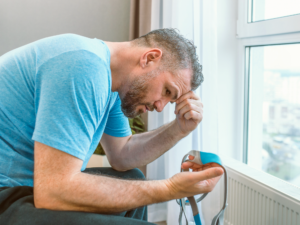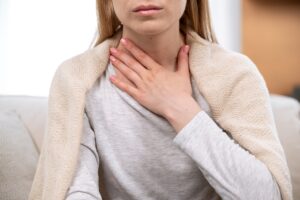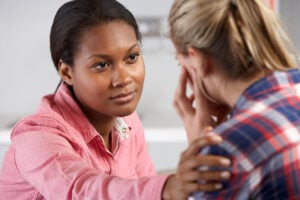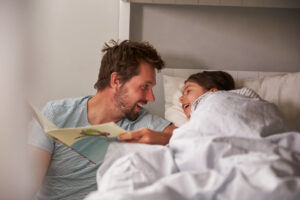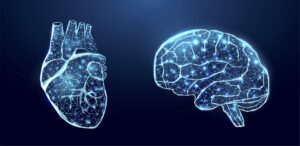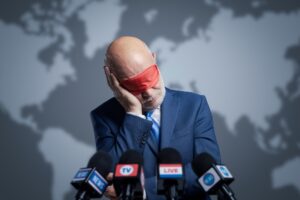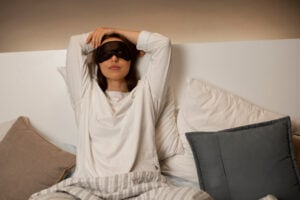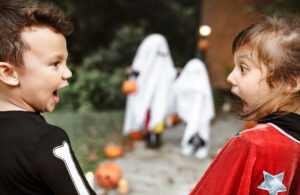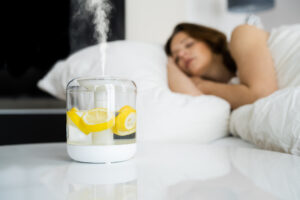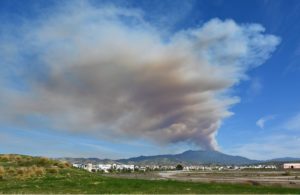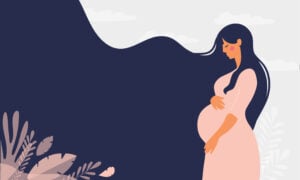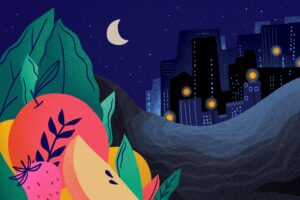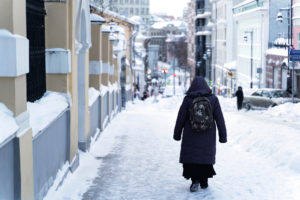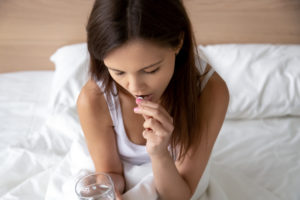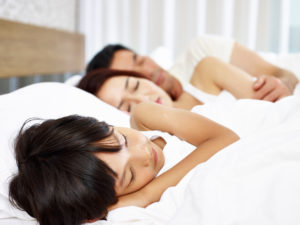Hitting the Snooze Button May Actually be Good for You
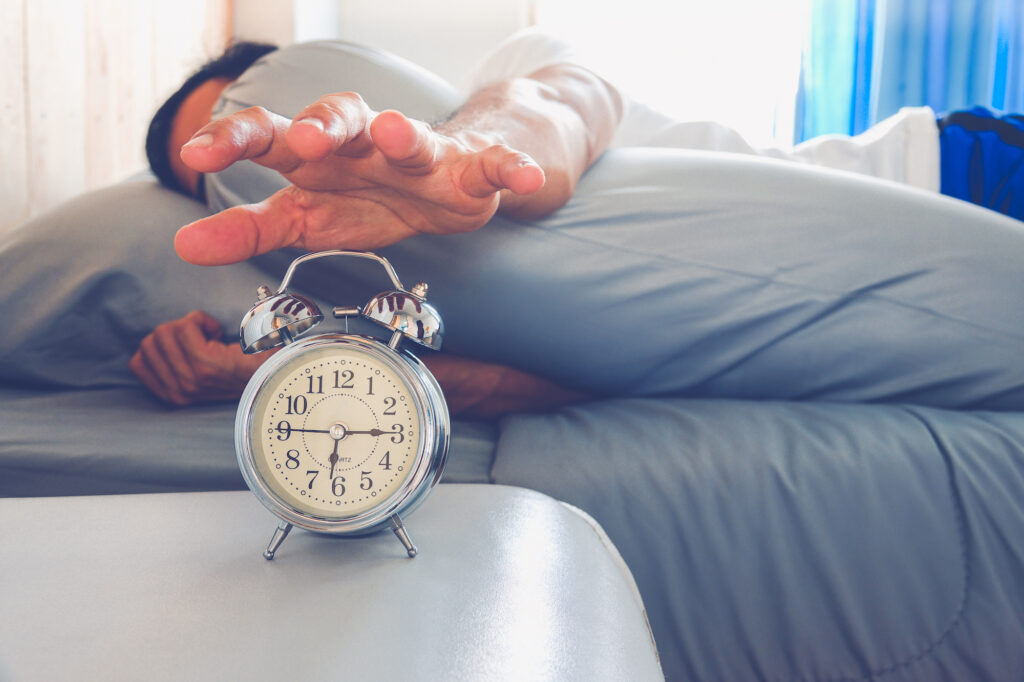
Few things can spark ire like the siren of an alarm clock interrupting a deep sleep. For those snooze-button smashers among us who like to lean into prolonging the inevitable, fear not! A new study suggests that there’s no harm in delaying your final wake up a few times. In fact, hitting snooze may help some types of sleepers avoid waking up during deep sleep and reduce grogginess .
Prior to this Stockholm University study, there was almost no data about the effects of snoozing, so researchers broke the study into two parts. The first identified the types of sleepers who are most likely to snooze in the morning. The second examined how snoozing affects sleep quality, cognitive ability, cortisol, and mood.
To identify characteristics of snoozers, researchers circulated an anonymous questionnaire that asked questions about alarm usage and whether they were a morning or evening person. Based on answers from 1732 people, they found that 69% of respondents said they use the function at least ‘sometimes.’
Results also suggested that snoozers were often younger than non-snoozers and were almost four times as likely to have a late chronotype, a term that refers to biological sleep preferences.
To learn how snoozing affects sleep quality and mental health, the researchers gathered 40 habitual snoozers. Each was hooked up to polysomnography (PSG) monitors in a lab. Researchers monitored their sleep in the lab for two separate nights over the next two months.
On one of the nights, participants were instructed not to use the snooze feature on their alarms. On the other night, the alarm went off 30 minutes earlier and sleepers were told to hit the snooze button.
Upon waking, the sleepers gave a saliva sample to test cortisol levels and measure the Cortisol Awakening Response (CAR), an indicator of a healthy body clock.

Participants then took a number of short cognitive tests using the Karolinska WakeApp. This app has been used in previous research to study the relationship between sleep and mental alertness. The samples and tests were repeated at lunchtime and in the afternoon.
Finally, the participants rated their sleepiness, effort, performance on cognitive tests, and mood.
The results show that snoozing may actually be helpful for people who have a late chronotype. The subjects performed better on cognitive tests after snoozing, and there were no clear negative effects on CAR.
The researchers were especially surprised that snoozing did not affect self-reported mood or sleepiness.
They also found that snoozing limited the chance of awakening from the deepest sleep stage, slow-wave sleep (SWS). In this way, snoozing may reduce sleep inertia that causes grogginess in the morning. For those with a late chronotype, snoozing the alarm may allow a gentler waking experience.
Previous studies suggest that disrupted sleep throughout the night has a negative effect on mood and cognition. While the PSG readings from the study showed that snoozing reduced sleep efficiency, the differences were not significant in context of total sleep.
There is still room for more research about snoozing. Nonetheless, this new data suggests there’s no need to feel bad for rolling over and punching snooze. If you’re a night owl, it may even be beneficial.
Got a hot tip? Pitch us your story idea, share your expertise with SleepFoundation.org, or let us know about your sleep experiences right here.
References
6 Sources
-
Sundelin, T., Landry, S. A., & Axelsson, J. (2023). Is snoozing losing? Why intermittent morning alarms are used and how they affect sleep, cognition, cortisol, and mood. Journal of Sleep Research.
https://onlinelibrary.wiley.com/doi/10.1111/jsr.14054 -
Stephen M Mattingly, Gonzalo Martinez, Jessica Young, Meghan K Cain, Aaron Striegel, Snoozing: an examination of a common method of waking, Sleep, Volume 45, Issue 10, October 2022, zsac184,
https://academic.oup.com/sleep/article/45/10/zsac184/6661272?login=false -
Clow, A., Hucklebridge, F., & Thorn, L. (2010). The cortisol awakening response in context. In International Review of Neurobiology (pp. 153–175).
https://www.sciencedirect.com/science/article/abs/pii/S0074774210930079?via%3Dihub -
Holding, B. C., Ingre, M., Petrović, P., Sundelin, T., & Axelsson, J. (2021). Quantifying cognitive impairment after sleep deprivation at different times of day: a proof of concept using Ultra-Short Smartphone-Based tests. Frontiers in Behavioral Neuroscience, 15.
https://www.frontiersin.org/articles/10.3389/fnbeh.2021.666146/full -
Trotti, L. M. (2017). Waking up is the hardest thing I do all day: Sleep inertia and sleep drunkenness. Sleep Medicine Reviews, 35, 76–84.
https://pubmed.ncbi.nlm.nih.gov/27692973/ -
Stepanski, E. J. (2002). The effect of sleep fragmentation on daytime function. The Effect of Sleep Fragmentation on Daytime Function, 25(3), 9–276., Retrieved October 19, 2023, from
https://psycnet.apa.org/record/2004-17249-001


